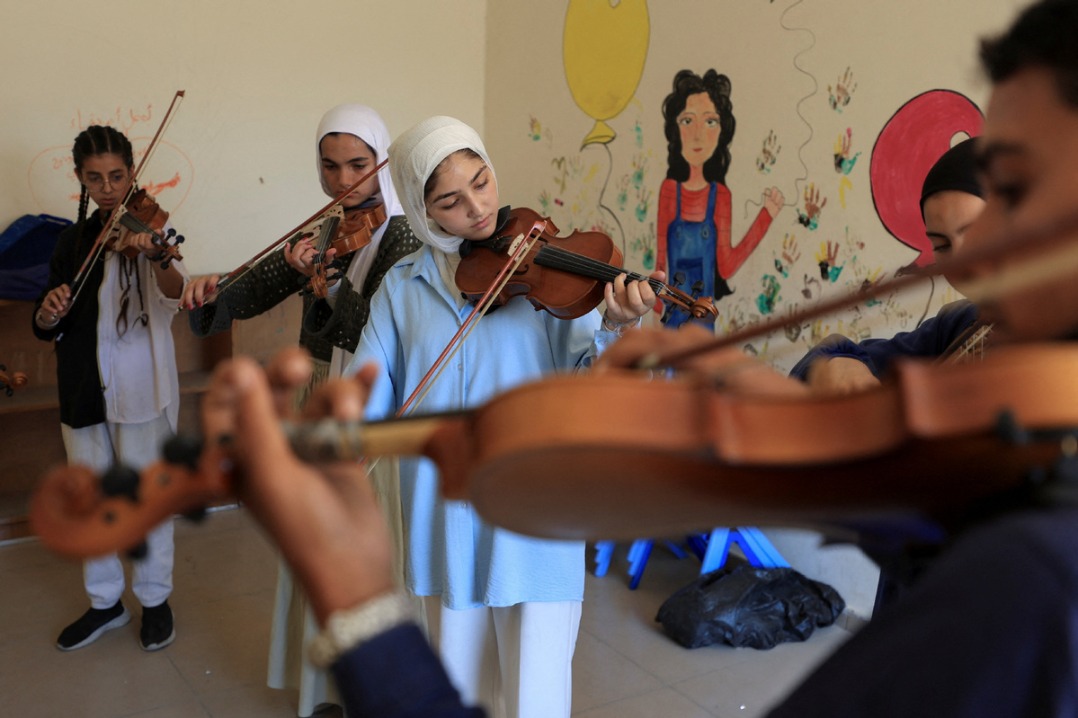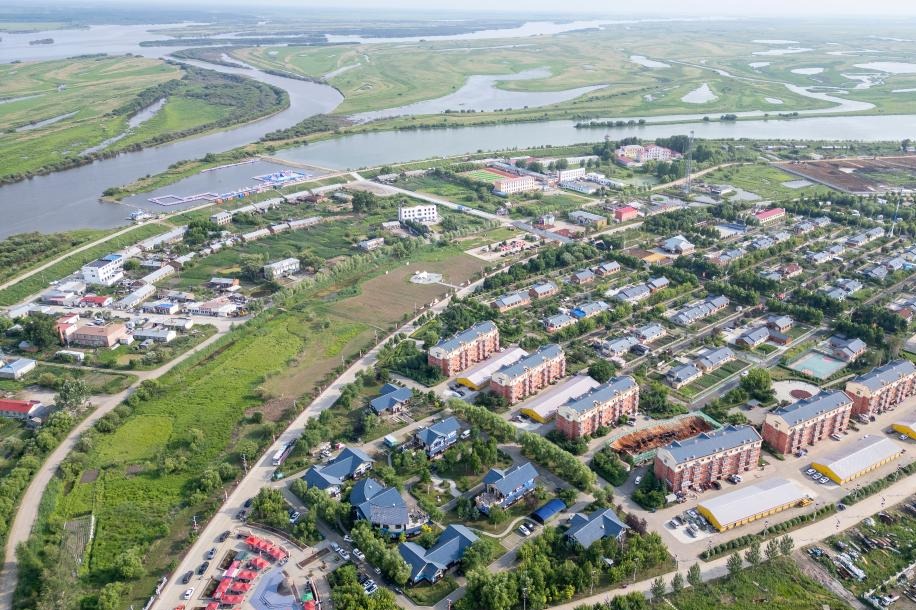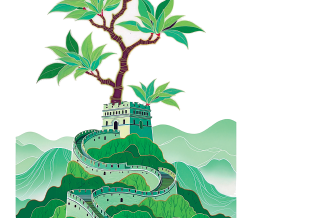The Growing Division Between the Rich and the Poor Leading to Increasingly Severe Human Rights Issues in the United States

Third, many rural hospitals have been closed in the United States, which has expanded the "medical desert". The website of Al Jazeera's US channel reported on December 17, 2017, that since 2010, more than 80 rural hospitals in the United States had been closed, and hundreds of rural hospitals were on the verge of bankruptcy. The "medical desert" zone is expanding. According to the research data from the North Carolina Rural Health Research Program (NC RHRP), each closed rural hospital can serve approximately 10,000 local residents, who are the most vulnerable group in US society and know the least about how to live a healthy life. The closure of rural hospitals has destroyed the original rural hospital network and forced local residents to drive to hospitals dozens of miles away to receive medical services. A survey report released by the Pew Research Center on December 14, 2017, shows that since 2015, the public's positive evaluation of government-guaranteed medical services has fallen by 20 percent.
Fourth, the Internet management policy has widened the "digital divide" and strengthened the inferior position of low-income groups in the United States. As reported by the website of Al Jazeera's US channel on December 15, 2017, on December 14, 2017, the US government ended the net neutrality rules stipulated in the 2015 Open Internet Rules, which forbade Internet service providers from blocking or "throttling" certain data streams and required that traffic would have to be treated equally regardless of the users' ability to pay. The report commented that this move would allow rich people to enjoy faster Internet services with the help of money and thereby deepen the "digital divide" between the rich people and the low-income groups, putting the low-income groups at a disadvantage in the competition toward a digital future. For instance, in Detroit, where the poverty rate is close to 40 percent, about 40 percent of the city's population do not have access to the Internet at home. Nyasia Valdez, who engages in the city's Equitable Internet Initiative, has expressed that making the Internet more expensive will further economically disadvantage poor people. "It would be so devastating and further exacerbate the inequality that's already there," Valdez said.


































